Stories from the field, legal updates, and perspectives from Refugee Legal Support.
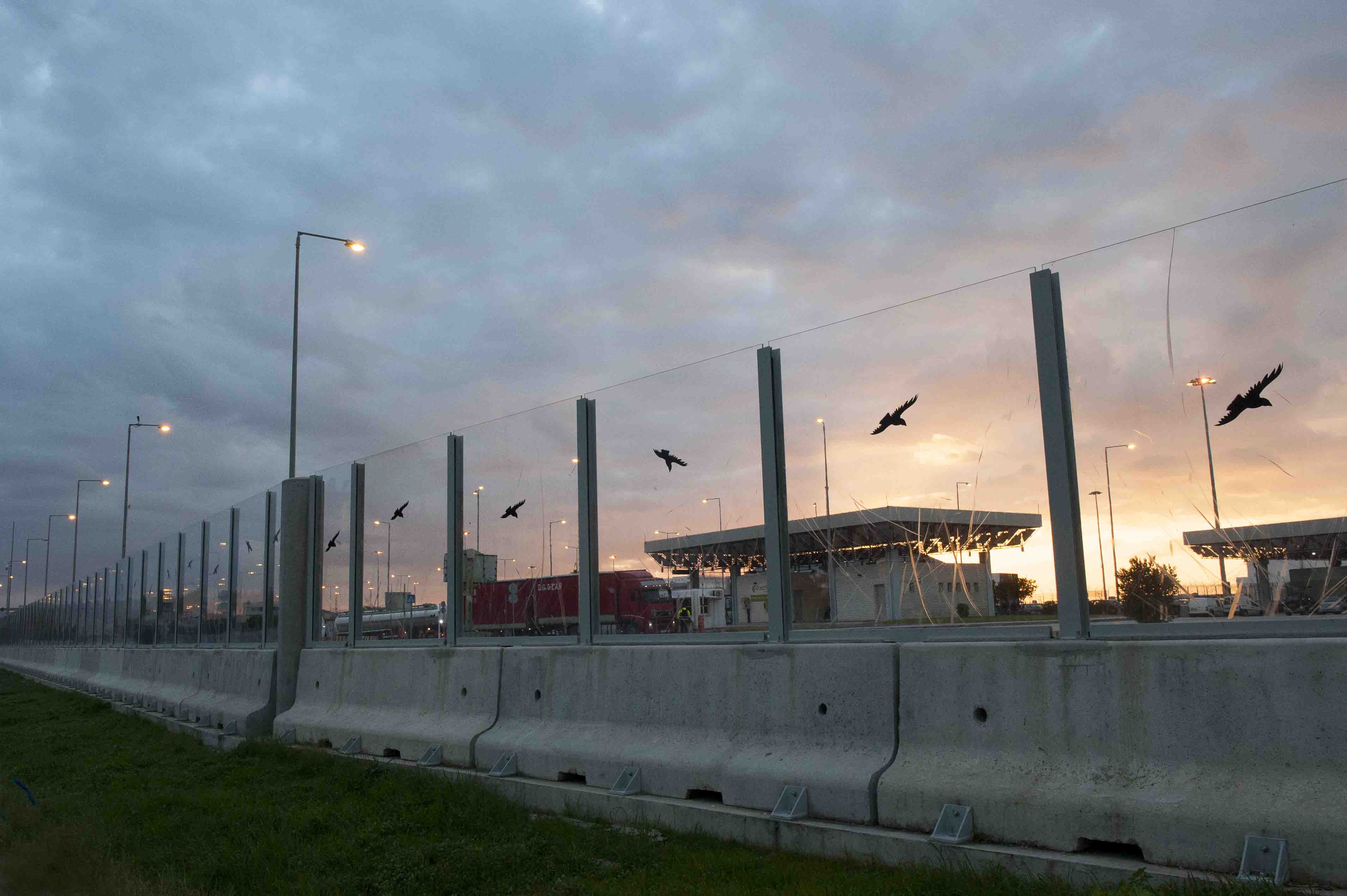
.png)
Feb 1, 2026
Last week, new offences from the Border Security, Asylum and Immigration Act came into force. Here's a thorough analysis on it's impact.
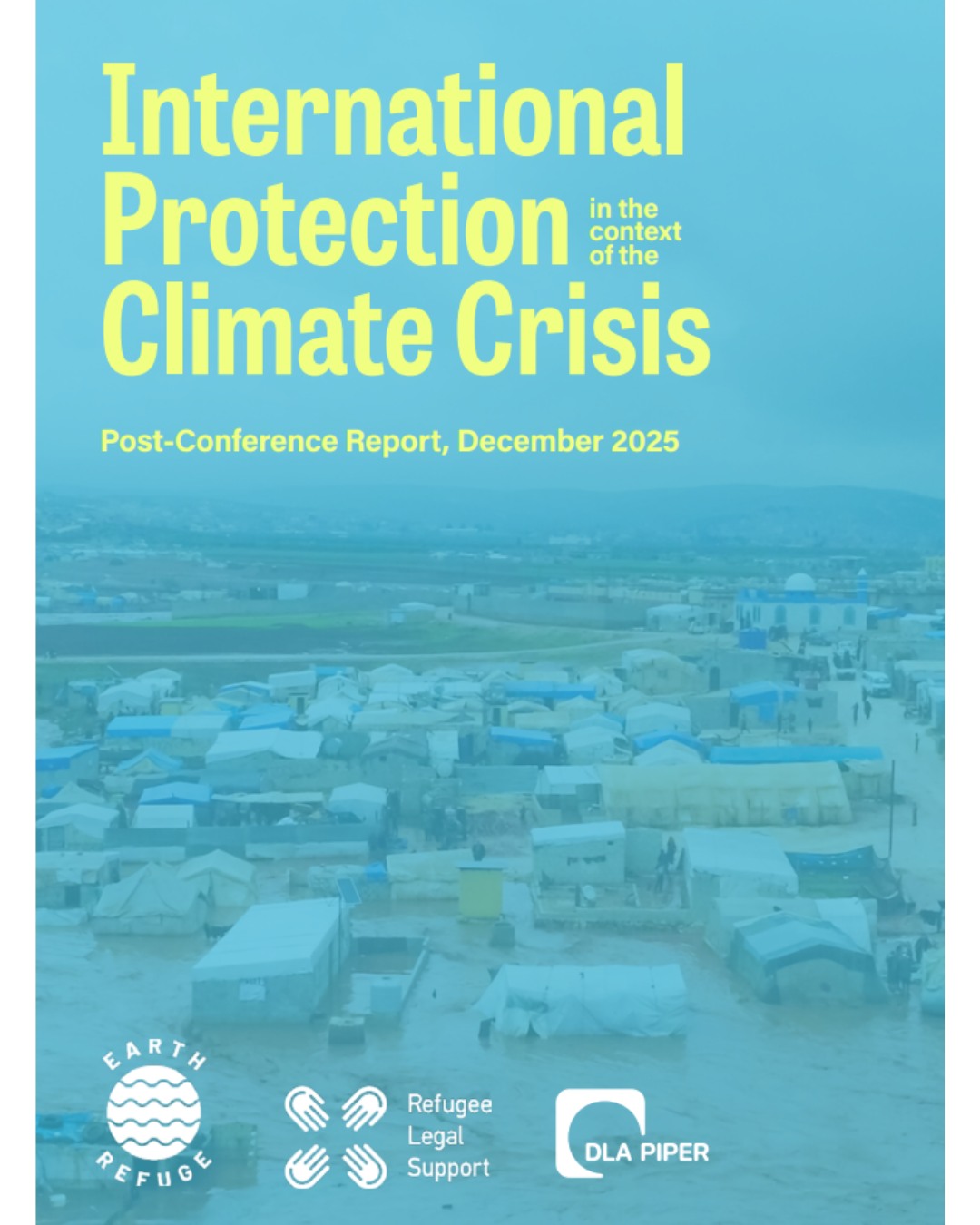
Jan 12, 2026
We’re proud to launch the post-conference report from the first UK conference on International Protection in the Context of the Climate Crisis, delivered in partnership with DLA Piper and Earth Refuge.
.png)
Dec 23, 2025
Salim arrived in Greece after fleeing to escape violence and persecution in Sudan. He should have finally been safe. However his story exposes de the failings of the Greeg asylum system.
.png)
Dec 16, 2025
We’re recruiting for a Community Volunteer Interpreter to join RLS
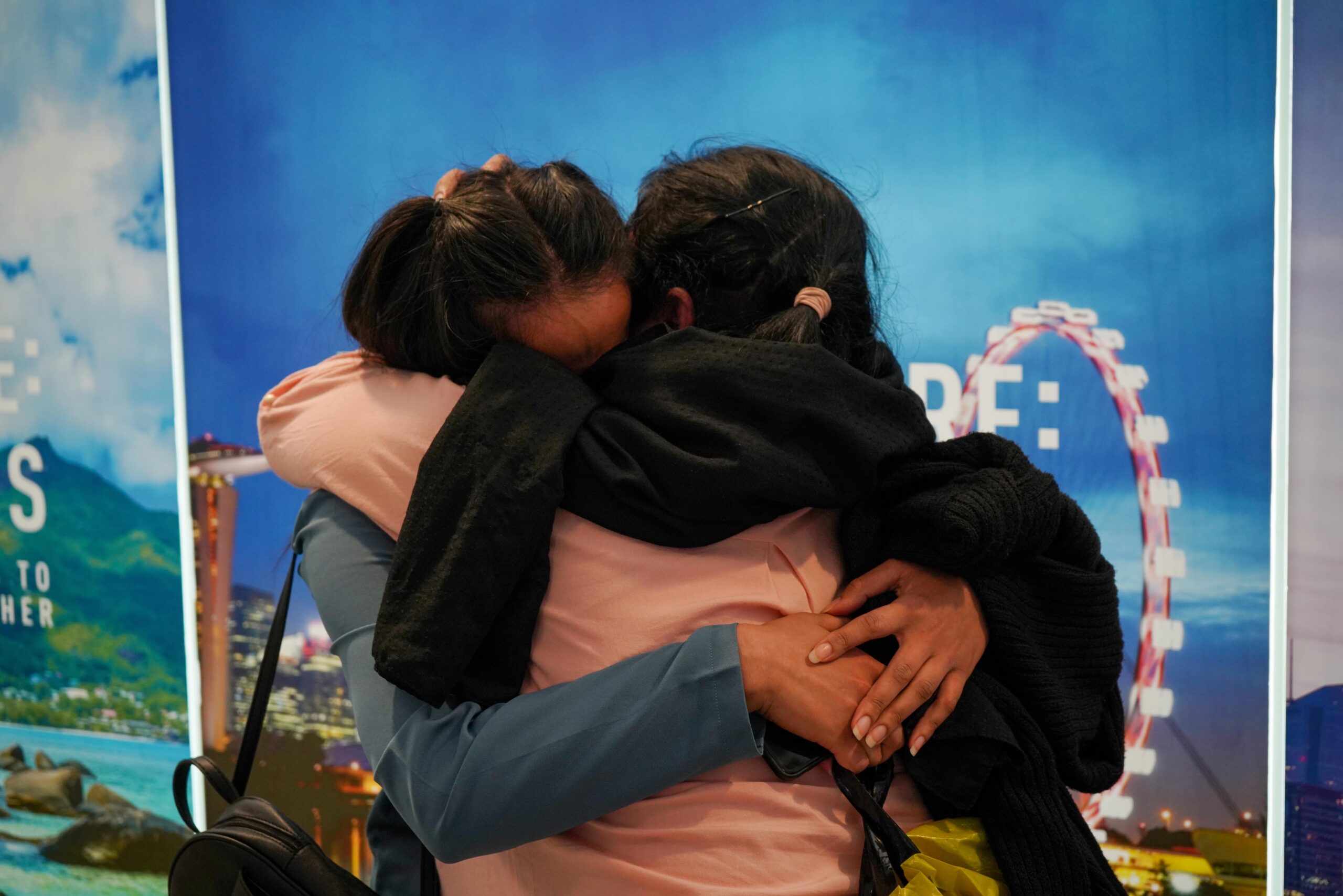
Dec 1, 2025
As we come to the end of the year, many of us will be spending time with family at home. Whether we’re celebrating Christmas, Hanukkah or just taking some well-earned rest. For those seeking safety, this isn’t an option
.png)
Nov 19, 2025
The government says that the changes to immigration and asylum announced this week are the most significant in modern times.
.png)
Oct 24, 2025
Afghans affected by MoD data breach report devastating impact
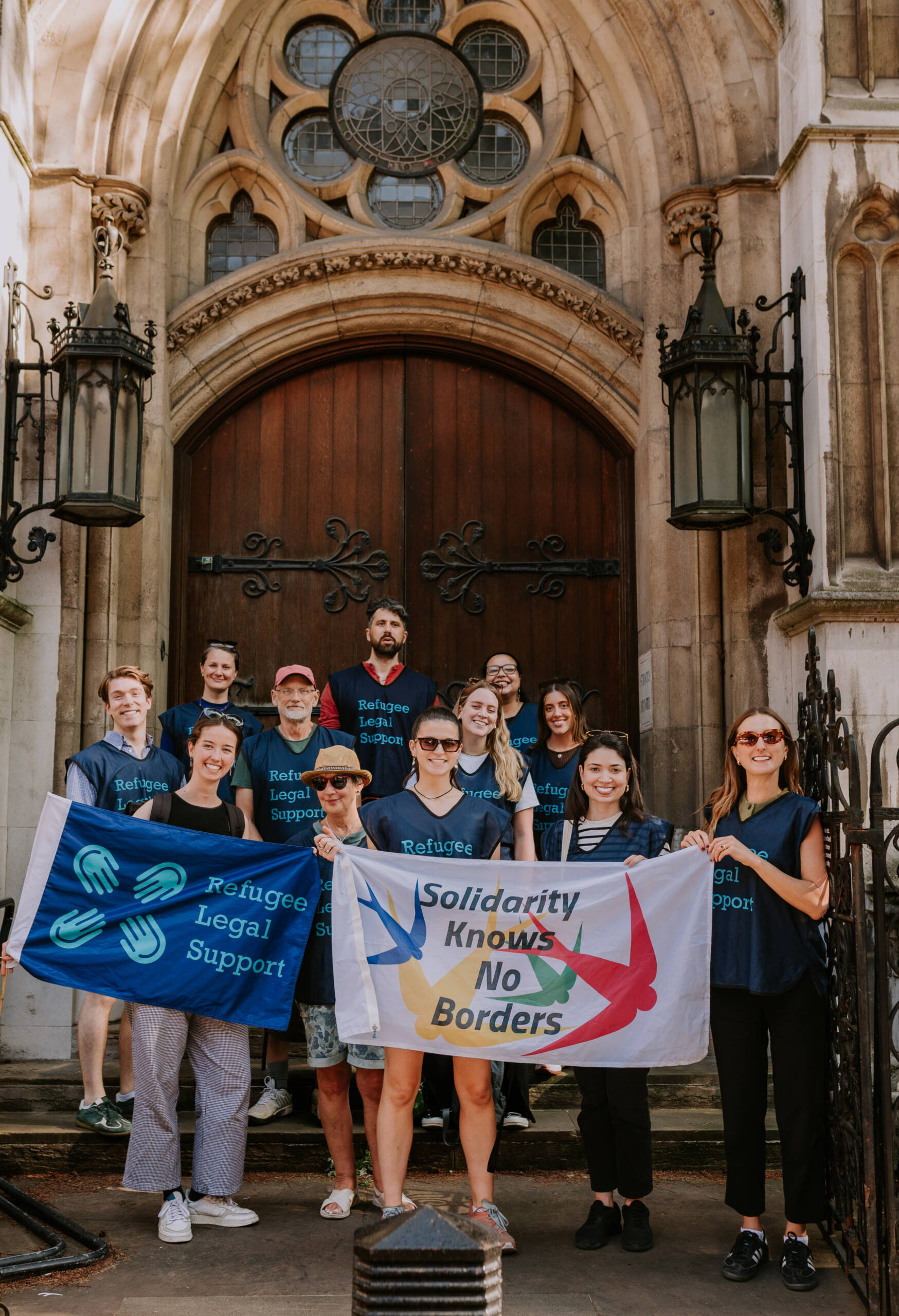
Sep 29, 2025
We’re recruiting for a new Fundraising Director to join RLS.
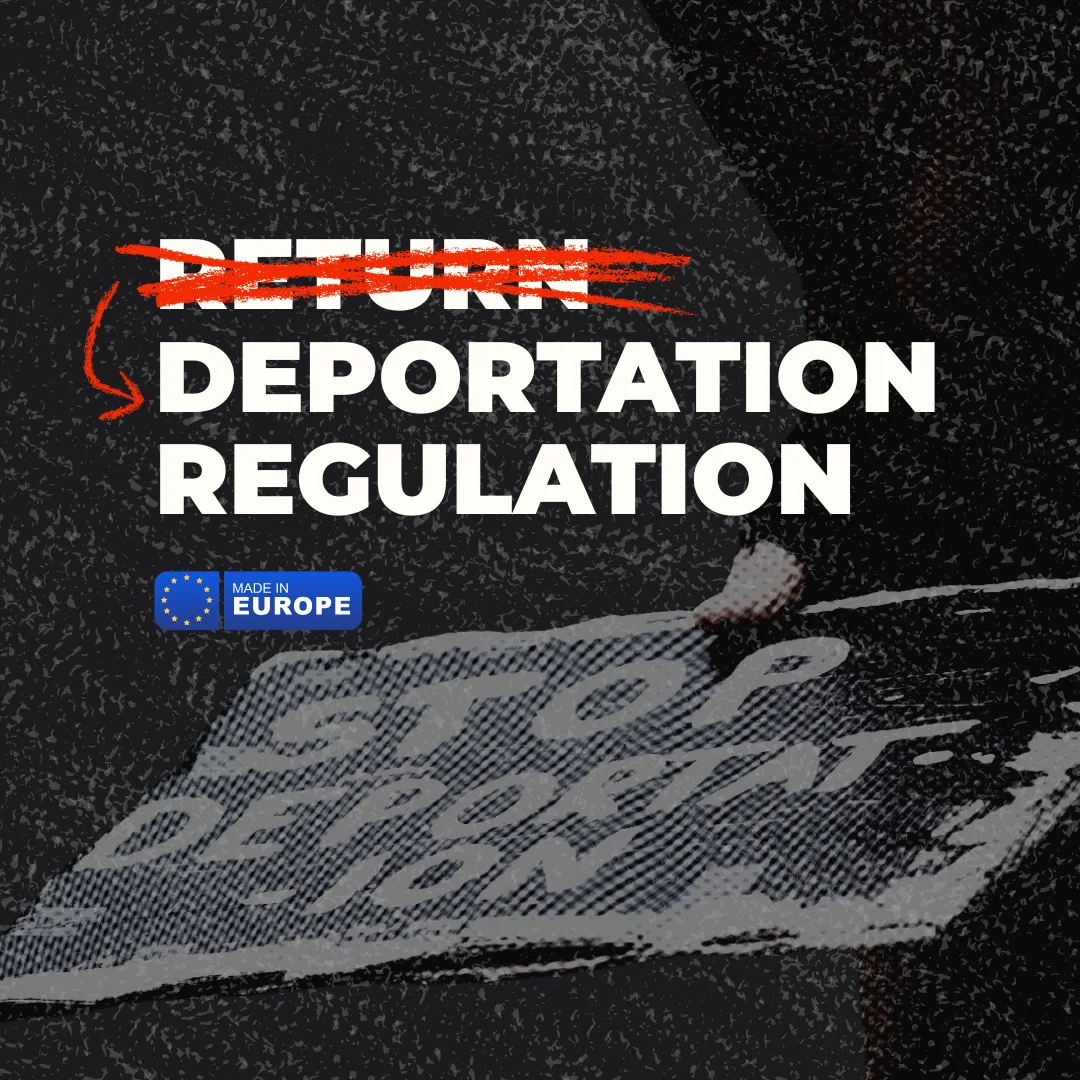
Sep 10, 2025
We’ve signed a joint statement with several other NGOs to urge the Greek Government to withdraw the new draft law on returns. The draft law poses a serious threat to the rights of people on the move in Greece
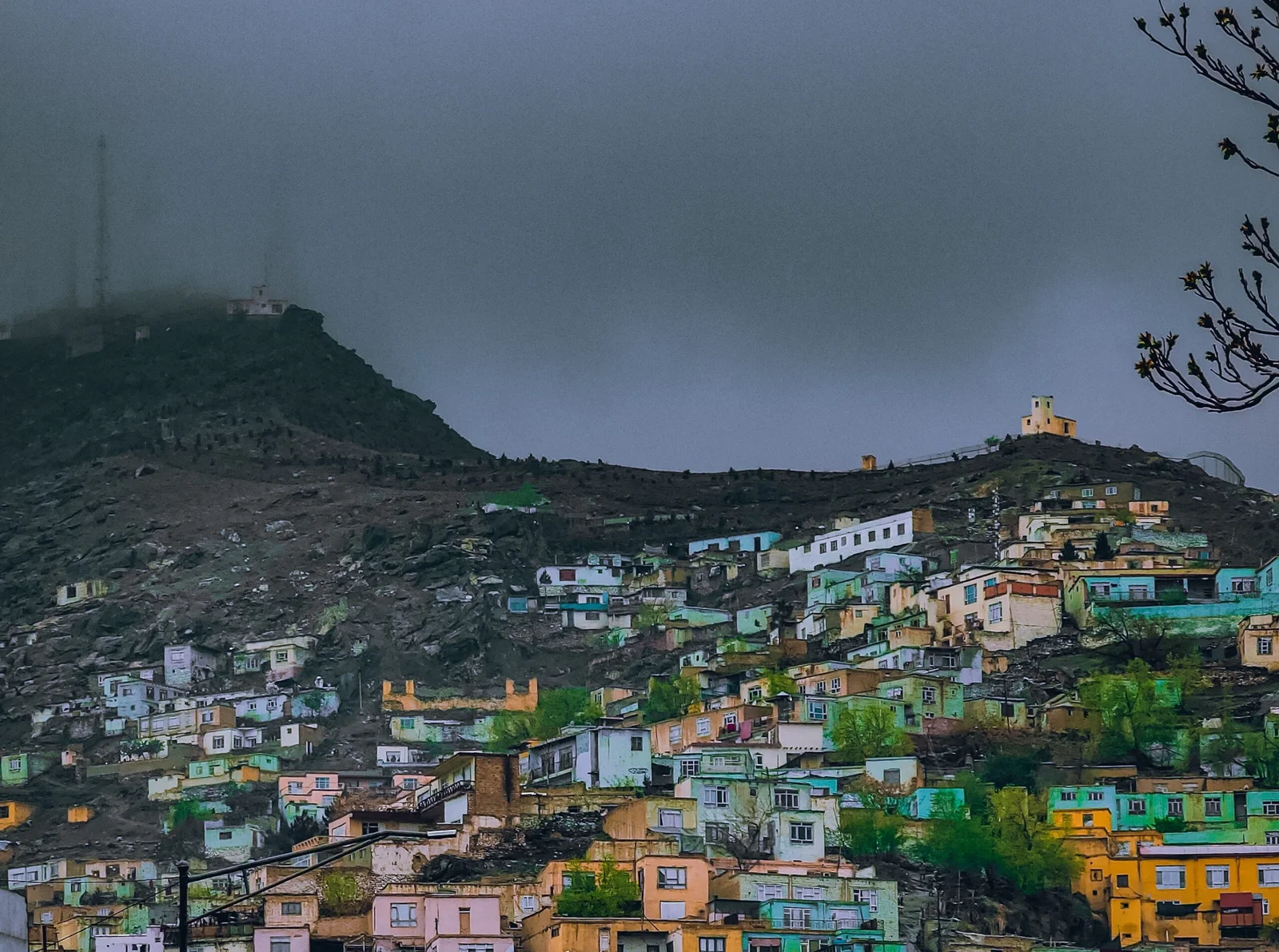
Aug 14, 2025
The following article was written by an Afghan refugee. This week marks four years since 15th of August 2021, when the hardline brutal group, the Taliban, seized control of Afghanistan, plunging the country into fear and chaos
.png)
Aug 6, 2025
The UK’s Afghan Resettlement schemes came to a shuddering closure on 1 July 2025. Although pending applications will continue to be considered, this abrupt closure otherwise ends access to one of the very few existing ‘safe and legal routes’’
.png)
Aug 6, 2025
On 11 March 2025, the European Commission unveiled its so-called “Return Regulation. ” In reality, this is a Deportation Regulation that expands detention (including in offshore sites), fuels racial profiling, and strips away rights
.png)
Aug 4, 2025
Refugee Legal Support, RAMFEL and Asylum Aid, along with 51 other organisations have written to the Home and Defence Secretaries demanding action.
.png)
Jul 2, 2025
Yesterday, the Government announced the immediate closure of the Afghan resettlement schemes, also known as the Afghan Relocations and Assistance Policy (ARAP) and the Afghan Citizens Resettlement Scheme (ACRS).
.png)
May 20, 2025
Diallo was jailed for four long months - no trial, kept in isolation and subjected to beatings, electro-shocks and threats against his family. He still bears the scars from his torture - both physical and psychological
.png)
Apr 30, 2025
We’re recruiting for a Caseworker/Solcitor to join the RLS London team. You’ll conduct a small strategic caseload of asylum and refugee family reunion cases and assist on litigation (where eligible) under our legal aid contract
.png)
Apr 2, 2025
We’re glad to publish the following flyers, which were produced in collaboration with Global Brigades Greece, following an information session with students from Penn State University.
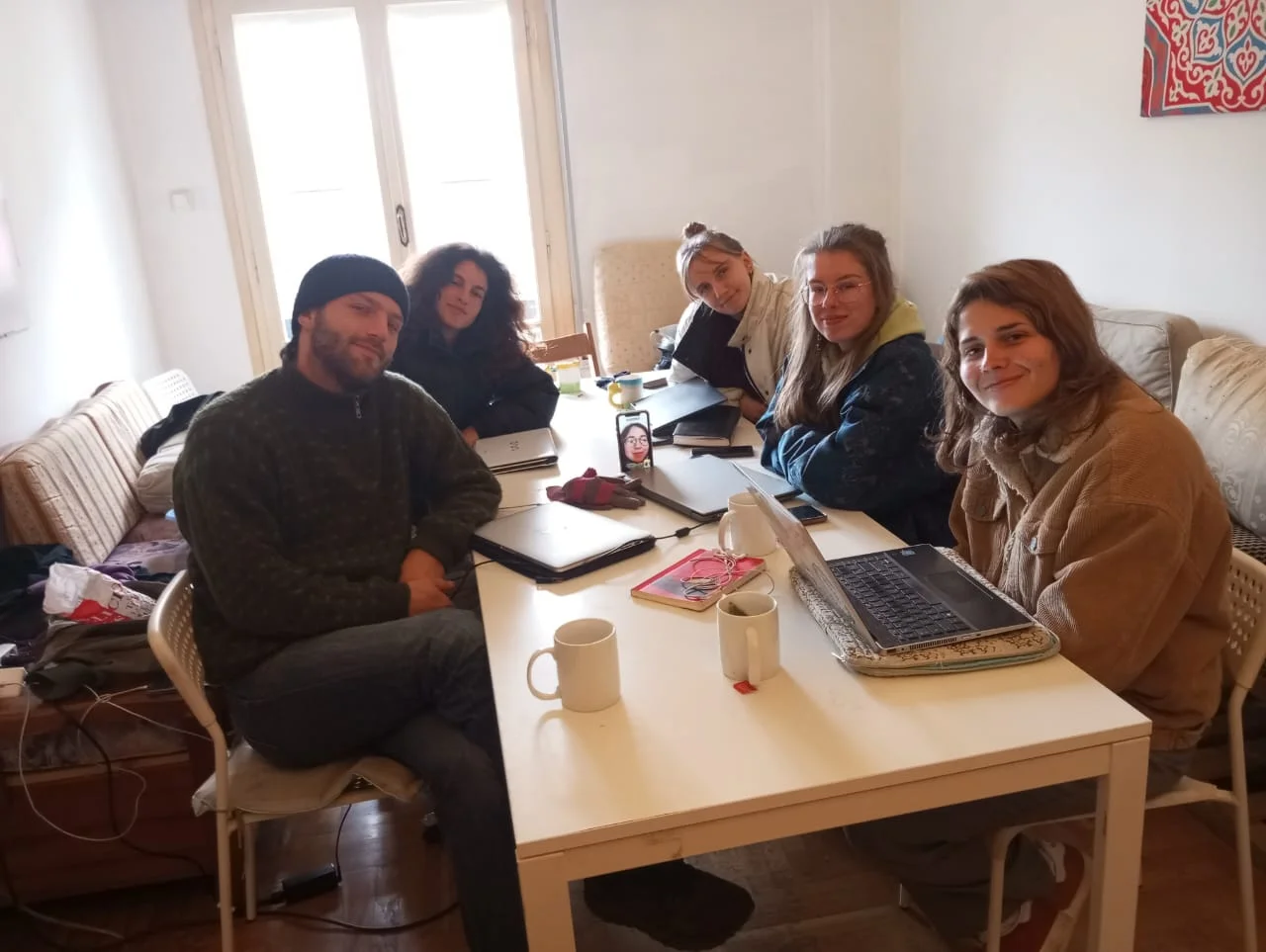
Mar 18, 2025
We regularly hold training sessions and workshops for organisations in the sector. Sharing our legal expertise and knowledge is an important part of our work, and it helps to strengthen the sector overall.
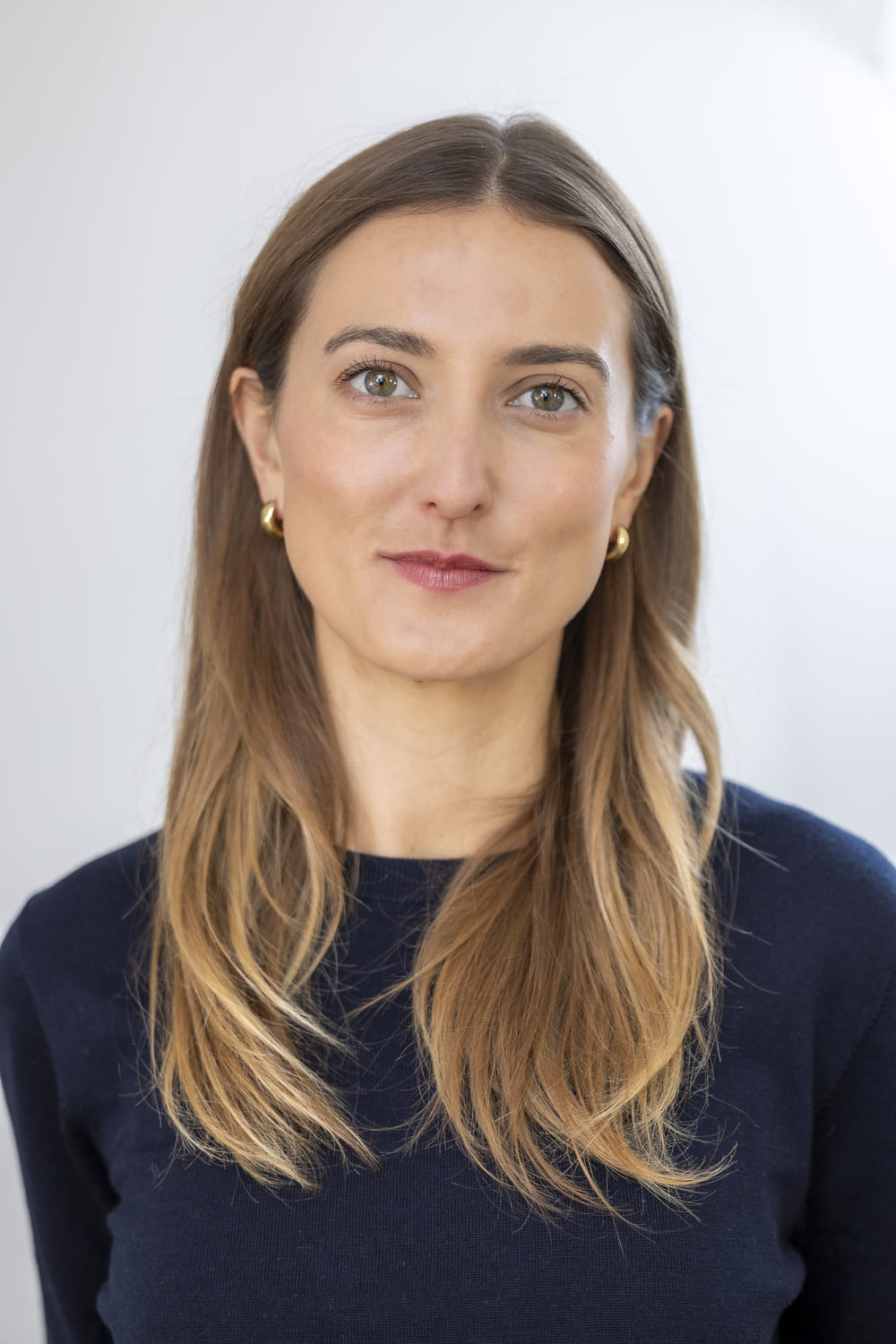
Mar 17, 2025
We’re delighted to announce that Olivia Clark will be joining Refugee Legal Support as our first ever Executive Director. This is a new role for RLS, and we’re excited to see Olivia bring her leadership and skills to the organisation as we develop our next strategy
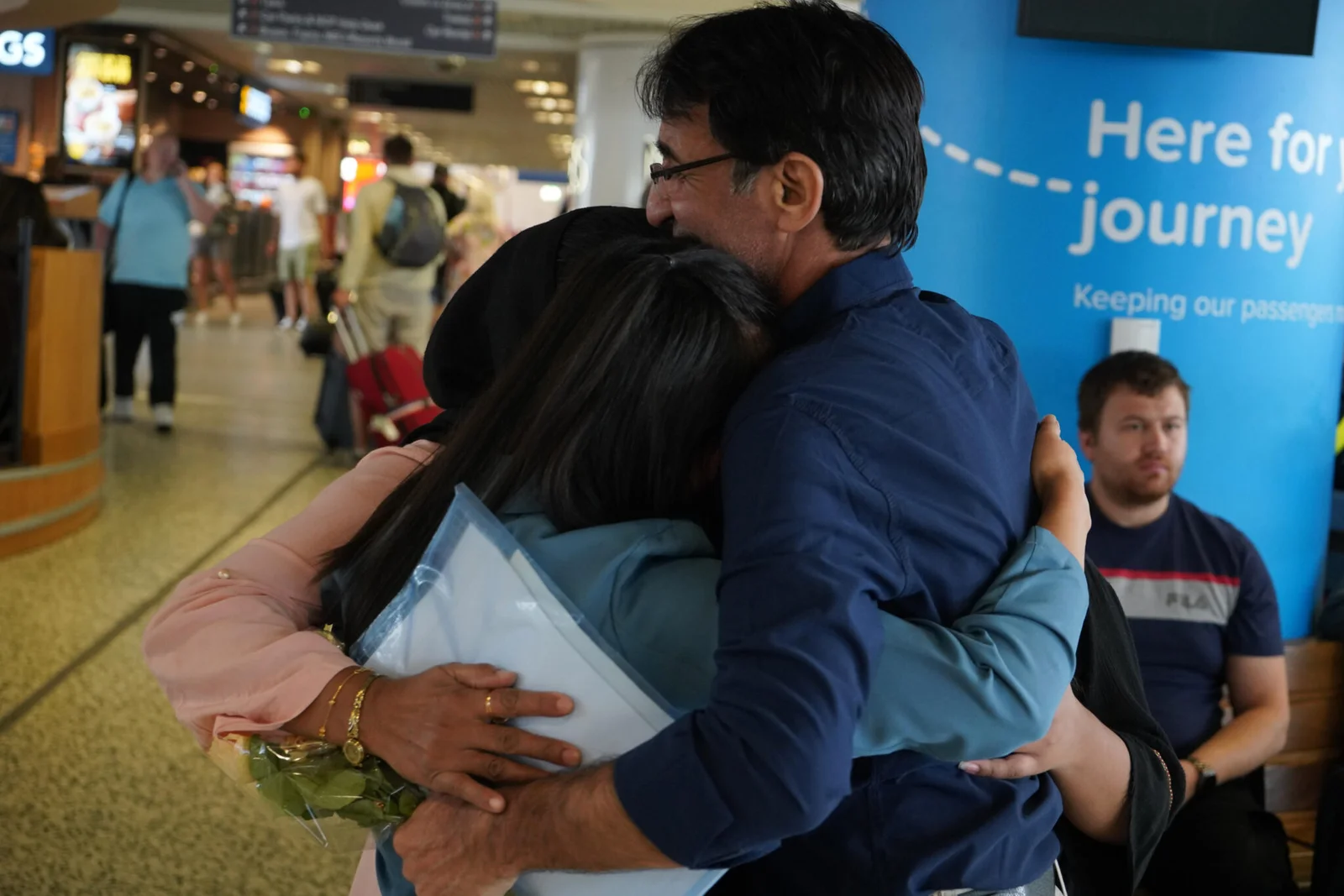
Dec 10, 2024
Kidisti’s* journey to reunite with her daughter is one of extraordinary determination and strength. In the 10 years she was waiting to be reunited, Kidisti tells us that only survived on hope
.png)
Nov 10, 2024
We’re recruiting for an Immigration and Public Law Solicitor to join our London team. The Casework Supervisor role is for an experienced solicitor who wants to work in a dynamic and innovative legal organisation which prioritises staff wellbeing and high quality client care

Nov 1, 2024
RLS lawyer, Zofia Duszynska, has written a detailed practical guide to Asylum Interviews for Free Movement. The article explains how to address many of the problems experienced in relation to asylum interviews - a process which can often be one of the most critical parts of claiming asylum

Oct 30, 2024
We’re proud to launch our new report, “Still Waiting: the Afghans Abandoned by the UK. ” This report has been produced in partnership with members of the Afghan community

Oct 22, 2024
Climate breakdown and forced migration are closely linked. RLS is at the start of its journey considering what this means for our work

Oct 17, 2024
People seeking sanctuary in the UK face significant challenges during their asylum process. Over half of the people seeking asylum are unable to find legal aid lawyers, and many face difficult living conditions

Aug 13, 2024
Lucy Alper, RLS Athens Project Coordinator and Legal Caseworker, recently provided information sessions to volunteers and students from different universities. She spoke with students from the University of Florida and Penn State University, in collaboration with Global Brigades Greece, where the students volunteer
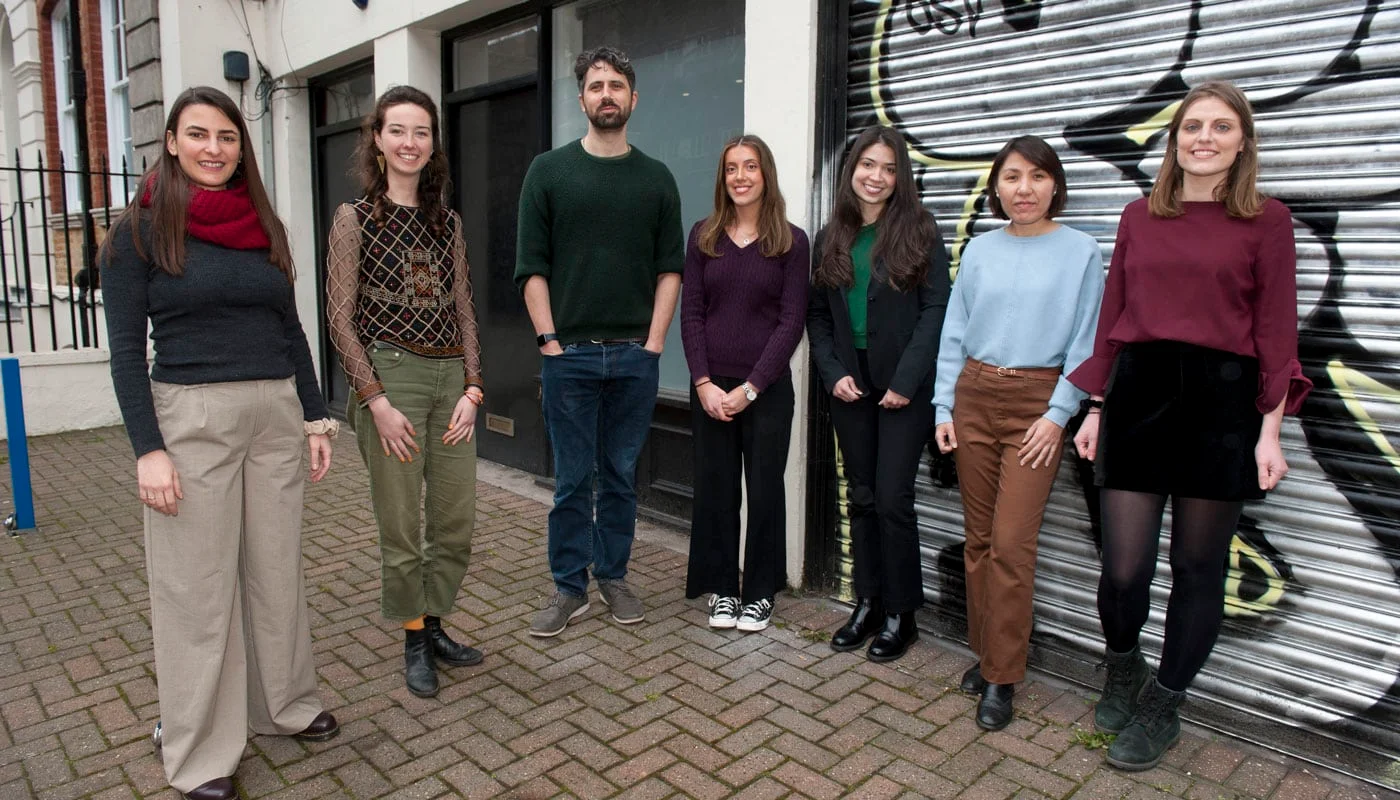
Jun 28, 2024
We're recruiting for Supervising Lawyer to join our London team. You'll be working on the Afghan Pro Bono Initiative, where you'll provide expert casework and legal support to people who have fled Afghanistan for the UK
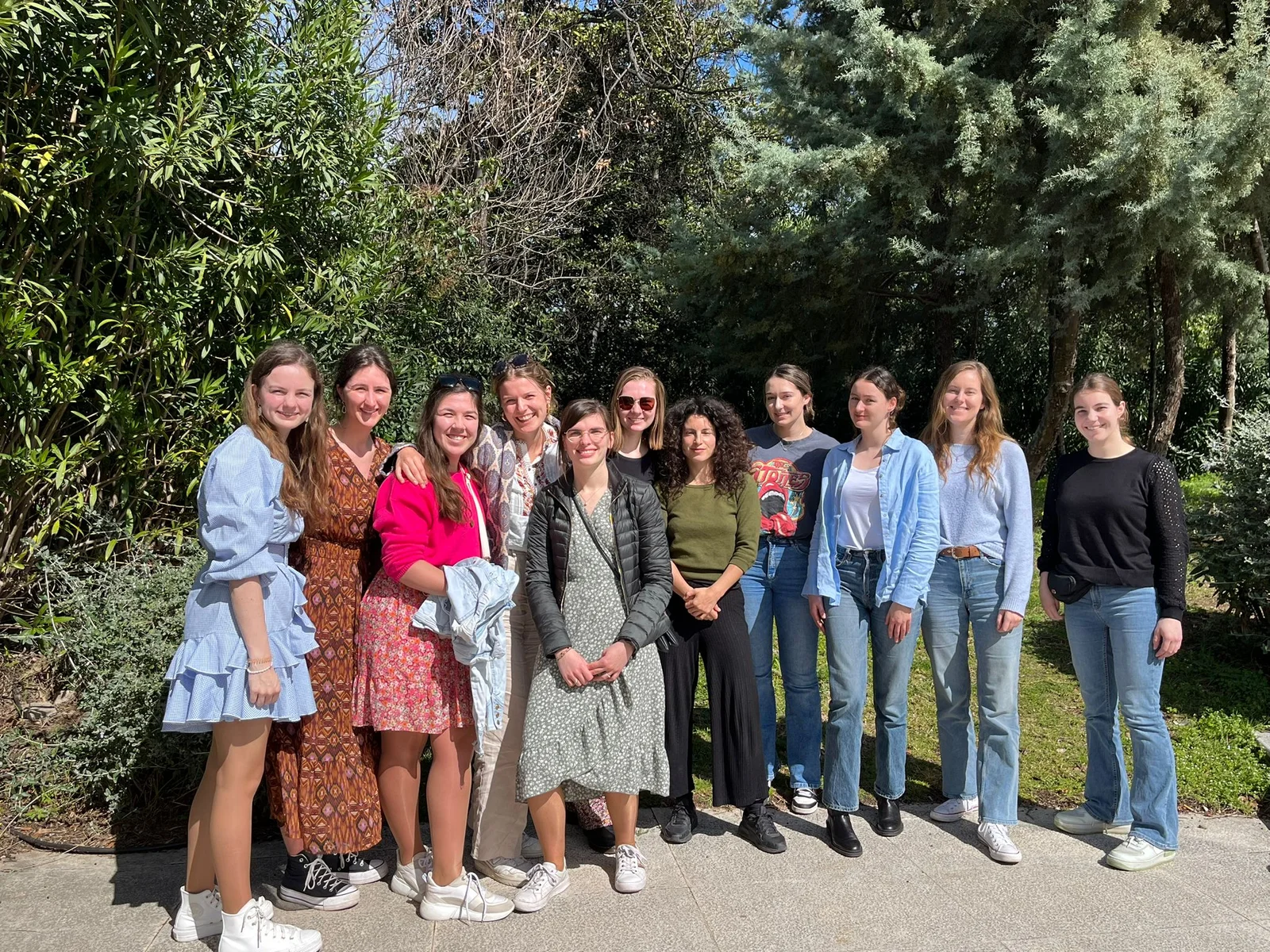
Apr 4, 2024
An important part of our role is using our legal expertise to support others in the sector. In recent weeks, we’ve worked with a number of organisations to provide training on the context in Greece

Jan 5, 2024
RLS's Athens Legal Coordinator, Lucy Alper, recently delivered training to staff of Meraki community centre in Athens. She covered the asylum procedure and people's rights as well as history and context relating to refugees in Greece

Dec 20, 2023
When I met Fariba to discuss her story, I promised her that we’d make it clear that she used to have a good life in Iran. “People don’t believe me when I tell them that”, she says

Dec 15, 2023
15/12/2023, London“I feel alive every time I see my family back together in front of my eyes and that I am with my daughter after a long time. ” Amina* was separated from her family in the chaos that followed the Taliban’s takeover in Afghanistan and the UK’s botched withdrawal
.png)
Oct 30, 2023
Peter's story's remarkable. He faced oppression, violence and torture, three continents and near drowning. He was kind enough to share his story with us so that we can tell the world what's happening to people seeking safety.

Oct 22, 2023
Greece remains the first place in Europe that many people fleeing persecution land. Demand for our support here is huge

Oct 17, 2023
We’re proud to launch our new report “Two years of empty promises: the UK leaves Afghans stranded and at risk”. The report has been developed by the Afghan Pro Bono Initiative, a joint project between RLS and Safe Passage International

Oct 10, 2023
Qaed and his family have very kindly agreed that we can share their story here. Their journey demonstrates the enormous strength that’s required through the long journey to find safety and security
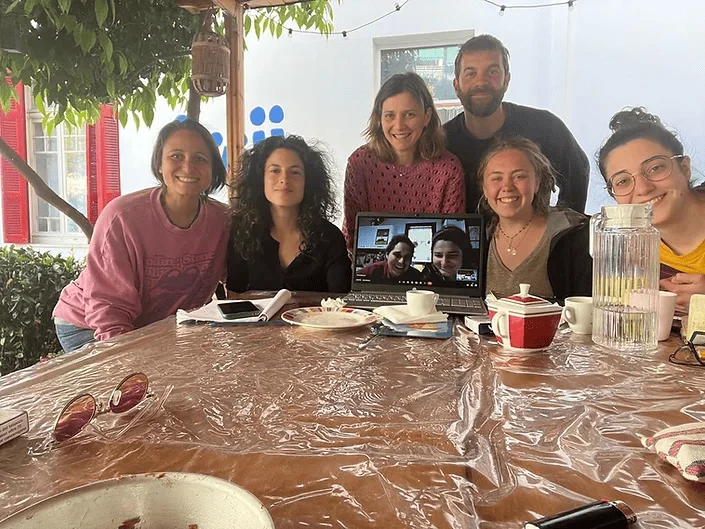
Jun 15, 2023
Supporting colleagues and allies in the sector to more effectively support their clients is a key part of our strategic plan. As part of this commitment, Lucy Alper recently delivered an information session to colleagues from Pope John XXIII Community: Operazione Colombia

Dec 20, 2022
Esther’s* story is one of courage and perseverance. She embodies the determination that’s needed to overcome the challenges that people face as they try to reach safety

Nov 25, 2022
Like so many others, Mohammed* was trying to reunite with family. He wanted to reach his brother. He’s originally from Kuwait. However, as he’s Bidoon, he has almost no rights at home. Even the most basic healthcare and education are out of reach.

Oct 10, 2022
Two members of RLS's Athens team, Lucy Alper and Tobias Hautekiet, provided an information session to students pursuing an MA in Geography at the University of Edinburgh. They discussed the work the legal clinic does, the climate for civil society and the historical trajectory of asylum in Greece and at Europe's borders
Your support can transform lives. Discover how you can contribute and be part of our mission today